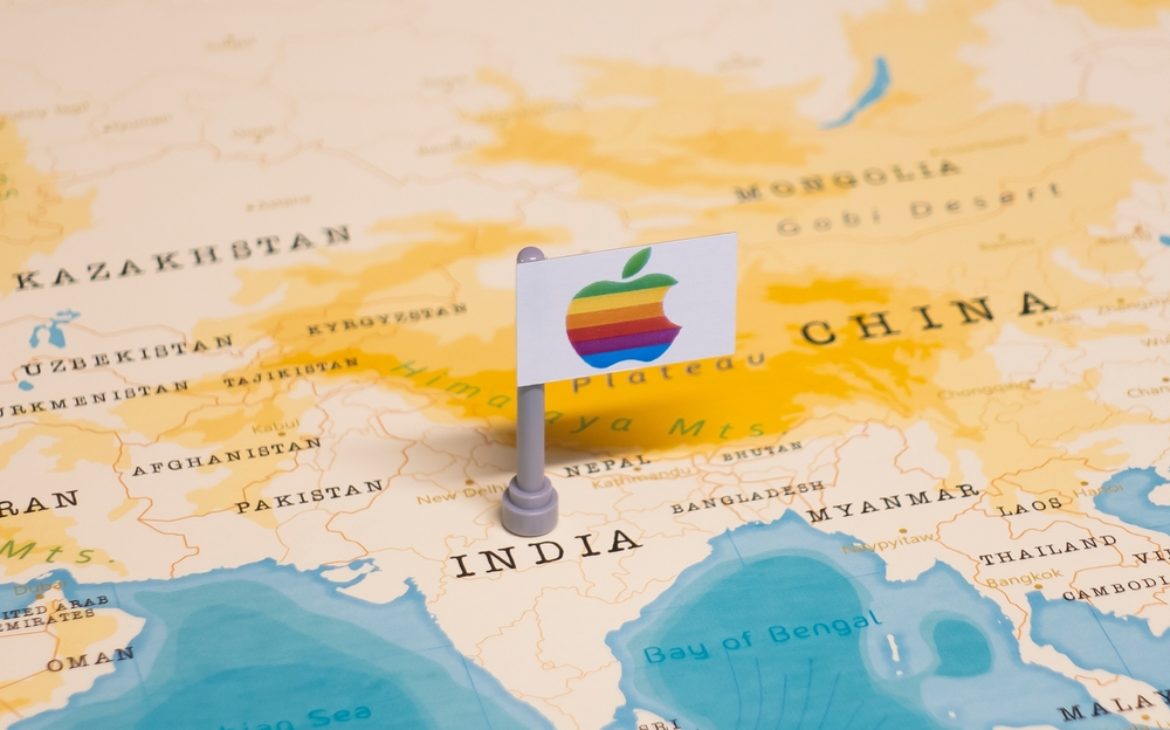In response to intensifying trade tensions between the United States and China, Apple is reportedly planning to expand its iPhone production in India to avoid mounting tariffs, according to The Wall Street Journal.
This strategic pivot away from China – traditionally Apple’s key manufacturing hub – could mark a significant shift in the tech giant’s global supply chain. With China currently facing up to 104% in U.S. import tariffs under President Trump’s proposed measures, India’s comparatively lower tariff rate of 26% presents a more economical option for production.
The price implications are notable. The current 54% tariff could raise the production cost of an iPhone 16 Pro by about $300. If the 104% tariff is enacted, the cost could jump by $600. In contrast, making the device in India would only increase costs by around $150, making it a far more viable alternative.
Despite Trump’s encouragement for companies to manufacture domestically, experts such as TechInsights‘ Wayne Lam point out that labor costs in the U.S. are dramatically higher. Assembling an iPhone in the U.S. could cost ten times more than in China.
Apple has already increased production in India, with Bloomberg reporting that 14% of its top-tier devices were manufactured there in 2024. The company plans to build around 25 million iPhones in India by 2025, potentially shipping half of those to the U.S. to meet local demand.
Efforts to preempt the impact of tariffs have already begun. According to The Times of India, Apple recently shipped multiple cargo planes loaded with devices from China and India to the U.S., hoping to delay any price hikes while CEO Tim Cook negotiates for a tariff exemption – something he secured in Trump’s first term.
However, Trump appears committed to enforcing the tariffs this time, despite opposition. If no deal is struck, Apple could accelerate its shift away from Chinese manufacturing, dealing a significant blow to Beijing. This would be especially sensitive given the complex geopolitical rivalry between India and China, which includes ongoing border disputes and strategic competition across Asia.
As Apple seeks greater manufacturing independence, India is emerging as a crucial player in the company’s long-term production strategy.
